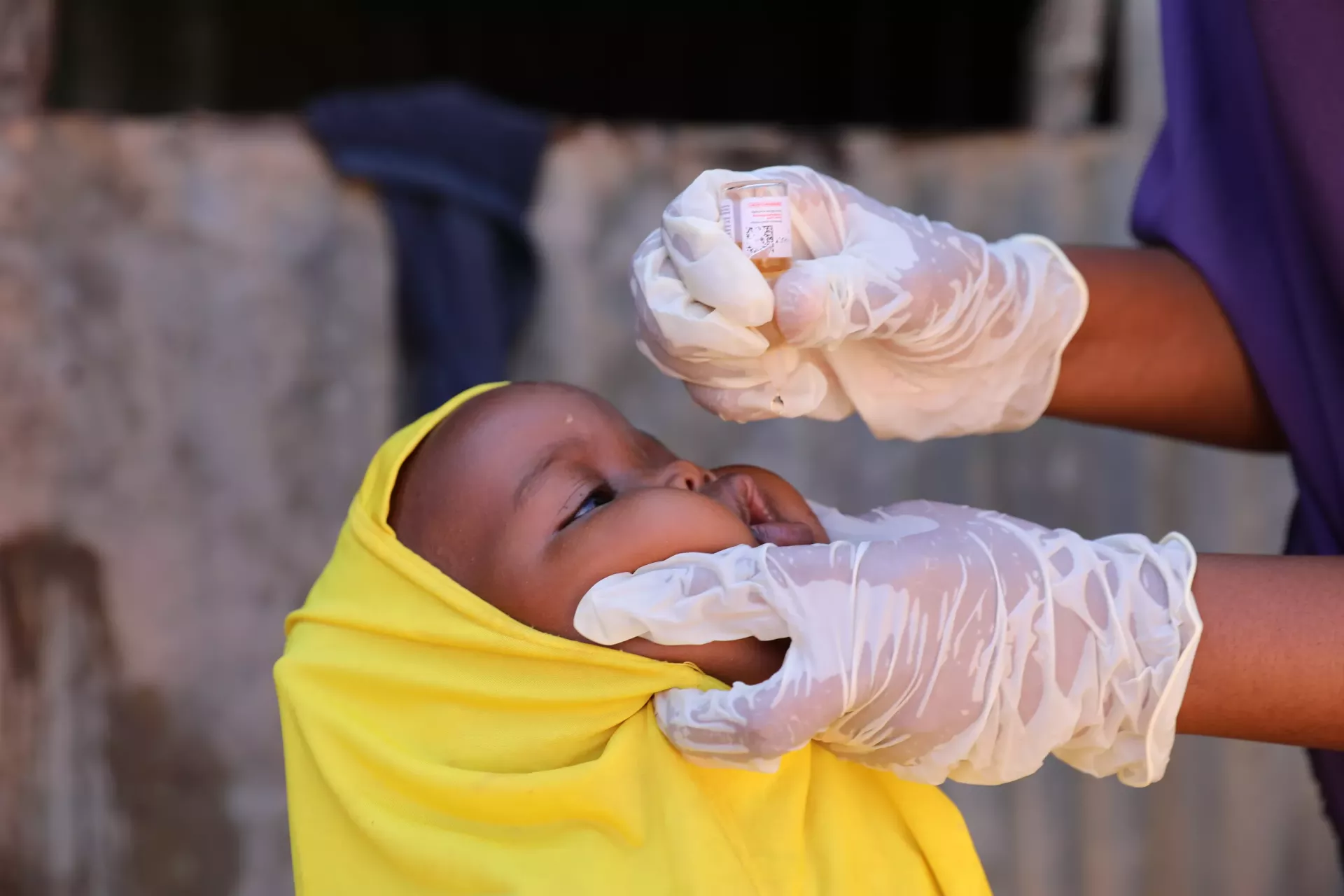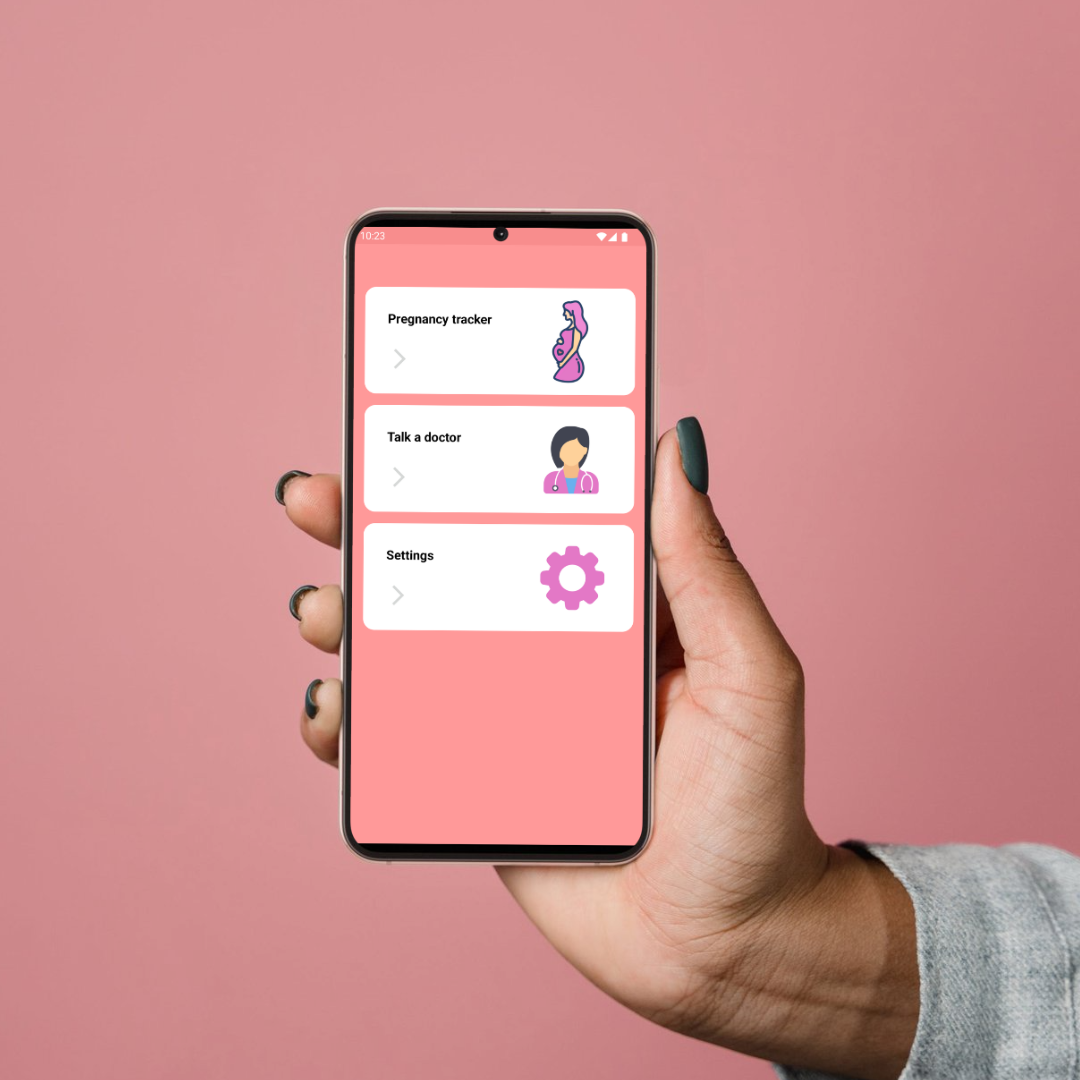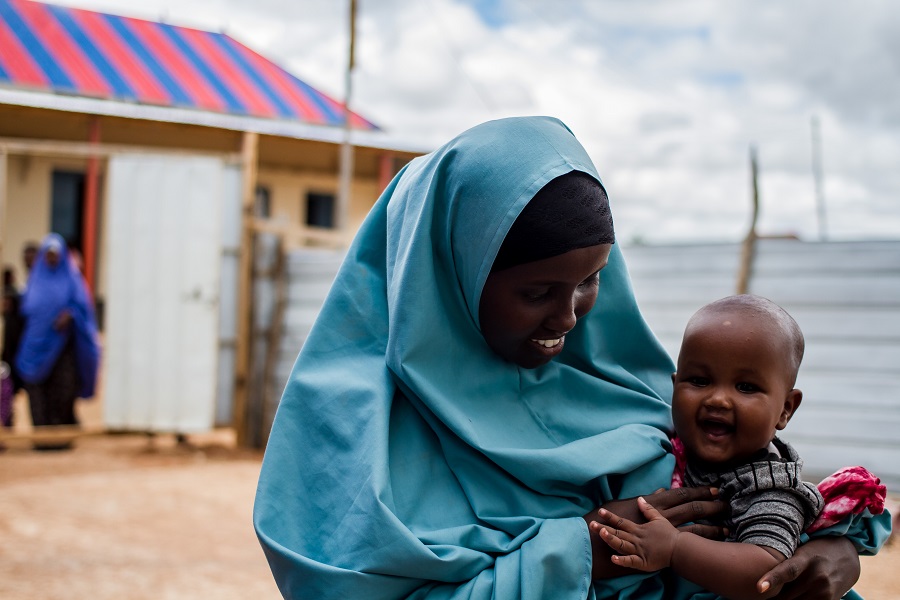Vaccination is one of the most effective ways to protect children from preventable diseases, but in Somalia, ensuring timely vaccinations is an ongoing challenge. With a health system strained by years of conflict, poor infrastructure, and a shortage of medical professionals, maintaining regular immunization schedules for newborns and infants can be difficult, especially in rural and hard-to-reach areas.
According to UNICEF, Somalia has some of the lowest immunization rates in the world, which increases the risk of outbreaks for diseases like measles, polio, and tuberculosis. These preventable illnesses not only cause harm but also add to the already high infant mortality rate in the country, where 1 in 7 children dies before their fifth birthday.
Why Vaccination Matters in Somalia
In a context where many Somali families may not have regular access to healthcare facilities, adhering to a baby’s vaccination schedule becomes even more crucial. Vaccines protect against serious diseases, but their effectiveness relies heavily on being administered at the right time. Missing key vaccination windows means children are left vulnerable during their most formative years.
For Somali parents, ensuring their child gets vaccinated on time can be a challenge due to several factors:
- Distance from health facilities: Many Somali families, particularly those in rural areas, have limited access to health clinics, making it hard to travel long distances for scheduled vaccinations.
- Lack of awareness: Many parents are not fully informed about the importance of sticking to a vaccination schedule or may be unaware of the recommended vaccine doses for their baby.
- Inconsistent healthcare access: Due to instability and infrastructural challenges, some families find it hard to rely on the availability of vaccines at local clinics.
How HooyoKaabe Helps with Baby Vaccination
To address these challenges, HooyoKaabe offers a feature that supports Somali mothers in tracking their baby’s vaccination schedule. The app provides reminders and an easy-to-follow schedule of all essential vaccines, based on the child’s age and the latest national health guidelines.
- Reminders and Alerts: Mothers receive timely reminders when a vaccine is due, ensuring that they don’t miss critical vaccination windows.
- Local Guidelines: HooyoKaabe’s vaccination schedules are customized to reflect the specific guidelines set by Somalia’s Ministry of Health, so parents are always up to date on what vaccines are available and recommended.
- Telemedicine Consultations: If a mother is unsure about the vaccination process or needs to consult a health professional, she can book an appointment through the app and discuss any concerns directly with healthcare experts.
The Path Forward
Increasing awareness of vaccination schedules and supporting parents with tools like HooyoKaabe can play a significant role in improving the country’s vaccination rates. As more Somali parents gain access to these digital tools, it will help overcome the barriers of distance, awareness, and accessibility, ensuring that more children get the vaccines they need on time.
For a healthier future in Somalia, ensuring timely and full vaccination for newborns is crucial. With HooyoKaabe, Somali mothers can take a proactive step towards safeguarding their child’s health by staying informed, receiving reminders, and accessing the necessary healthcare services right from their phones.
Sources: UNICEF, WHO


